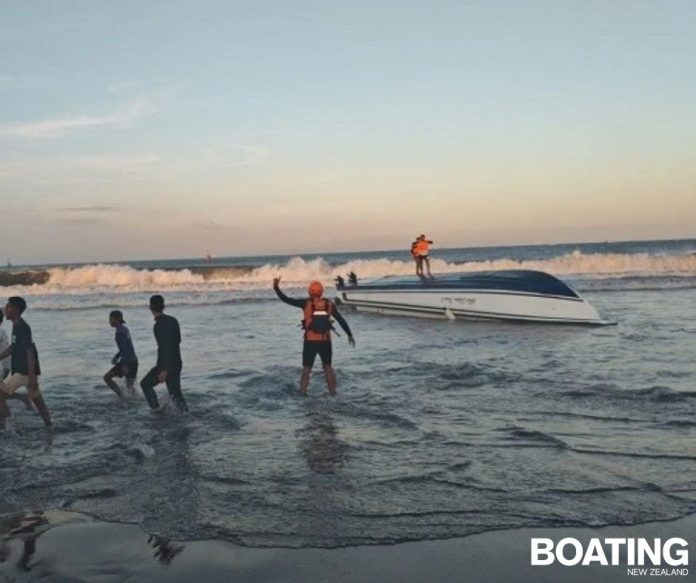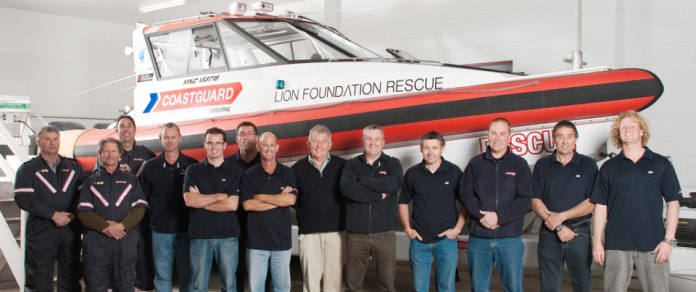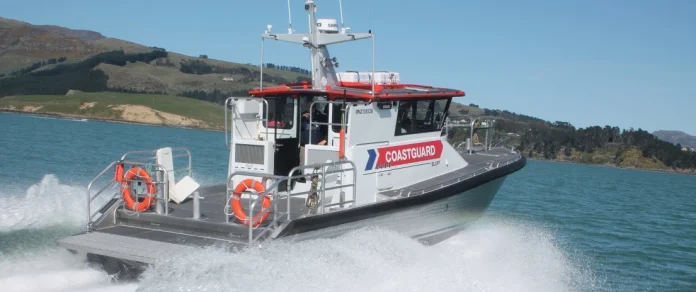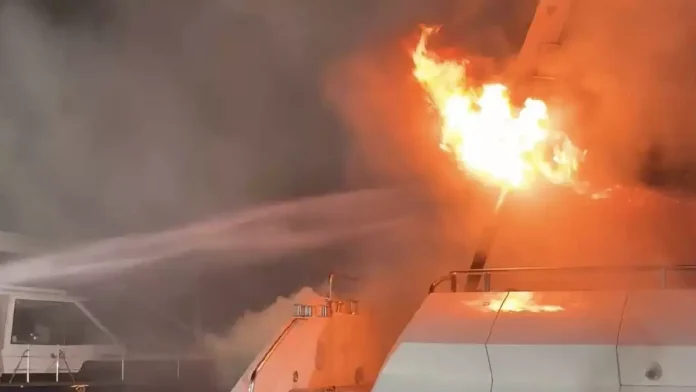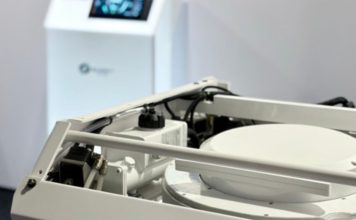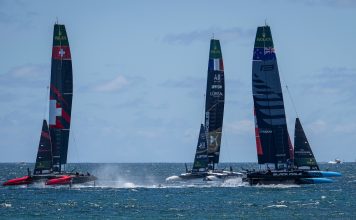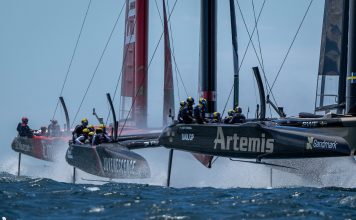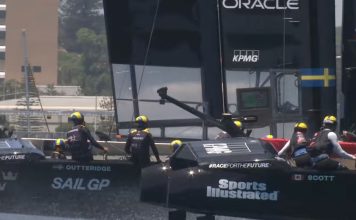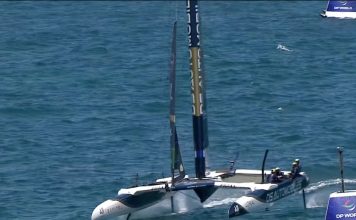Bali holiday turns to tragedy
A relaxing ferry trip turned into a life-and-death emergency on Monday 5 August, when a fast ferry operated by Dolphin Fast Cruise capsized in rough seas off Nusa Penida, Bali. The vessel was approaching Sanur Harbour when a large wave rolled it, flipping the catamaran just 100 metres from shore.
Eyewitness video and photos shared by local media and reported by 7News Australia show dozens of passengers in the water as Balinese fishermen, surfers and onlookers rushed to help. On board were around 80 passengers, including five Australians — all of whom survived, according to news.com.au.
View this post on Instagram
Two Chinese nationals lost their lives, and one Indonesian crew member remains missing. Indonesian SAR teams (responsible for coordinating and conducting search and rescue operations throughout the Indonesian archipelago) confirmed 14 others were taken to the hospital, some with serious injuries.
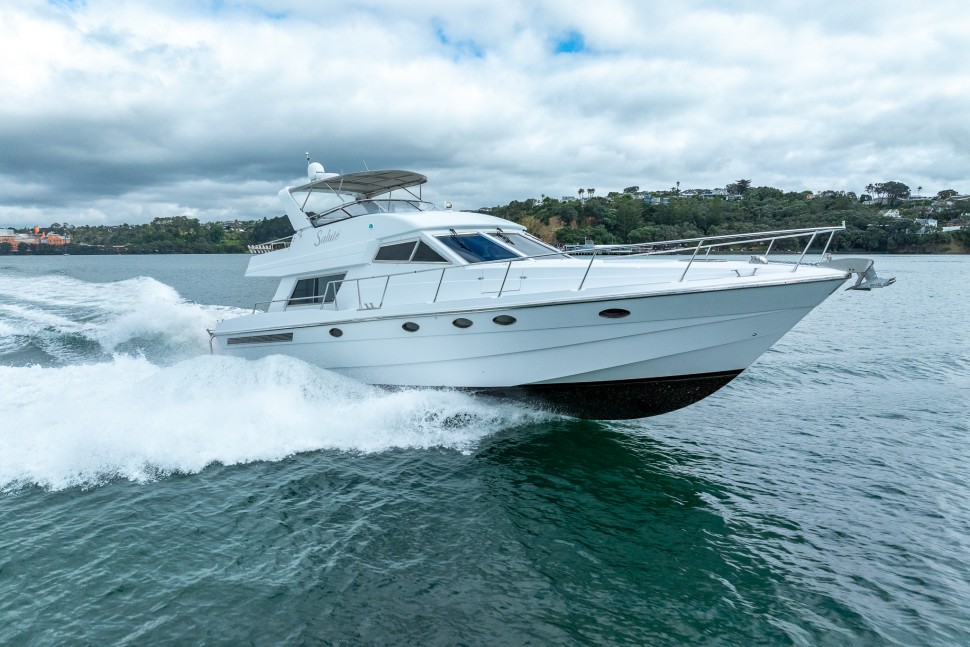
The ferry’s capsizing has renewed scrutiny over Bali’s fast boat operators, which service popular island destinations like Nusa Lembongan, Nusa Penida, and the Gili Islands — common holiday targets for both New Zealand and Australian travellers.
History quickly repeating: disaster in the Bali Strait
The August tragedy followed an even deadlier incident just a month earlier. On 2 July 2025, a vehicle ferry named KMP Tunu Pratama Jaya sank in the Bali Strait, en route from Ketapang (East Java) to Gilimanuk (West Bali).
This was no tourist cruise — it was a standard RoRo ferry, carrying passengers and cargo vehicles. According to official reports, the engine room began taking on water and soon lost all power. The vessel drifted helplessly before capsizing and sinking. Onboard were 65 people — 31 were rescued, but 18 bodies have been recovered and up to 16 others are presumed lost.
Search teams deployed divers, aerial drones and boats to recover survivors and debris, but strong currents and limited visibility hampered efforts. Indonesian investigators believe cargo instability, inadequate bilge management, and slow emergency response were contributing factors. The final report is still pending.
Rough waters, systemic risks
Indonesia has one of the busiest domestic ferry networks in the world, connecting thousands of islands across long and often dangerous sea routes. While major commercial ports have seen significant safety improvements, smaller operators — especially in the tourism sector — are loosely regulated.
Local sources in Bali have confirmed that fast ferry departures are often delayed, overloaded, or operated in marginal weather conditions, particularly during high season. Some fast boats operate with no formal seating plan and minimal lifejackets for international passengers.
Maritime authorities have promised a thorough investigation into the capsizing of the Dolphin Fast Cruise. But the rapid succession of incidents — with more than 20 confirmed dead in total — highlights a deeper issue with Indonesia’s enforcement of vessel safety standards, especially in areas frequented by tourists.
What it means for Kiwi travellers
New Zealanders visiting Bali — many of whom book day trips or fast ferries to Nusa Penida or Lembongan — are advised to choose operators carefully. Boats may appear modern, but not all meet international standards. Passengers should check weather conditions, confirm safety gear, and avoid operators that appear overloaded or disorganised.
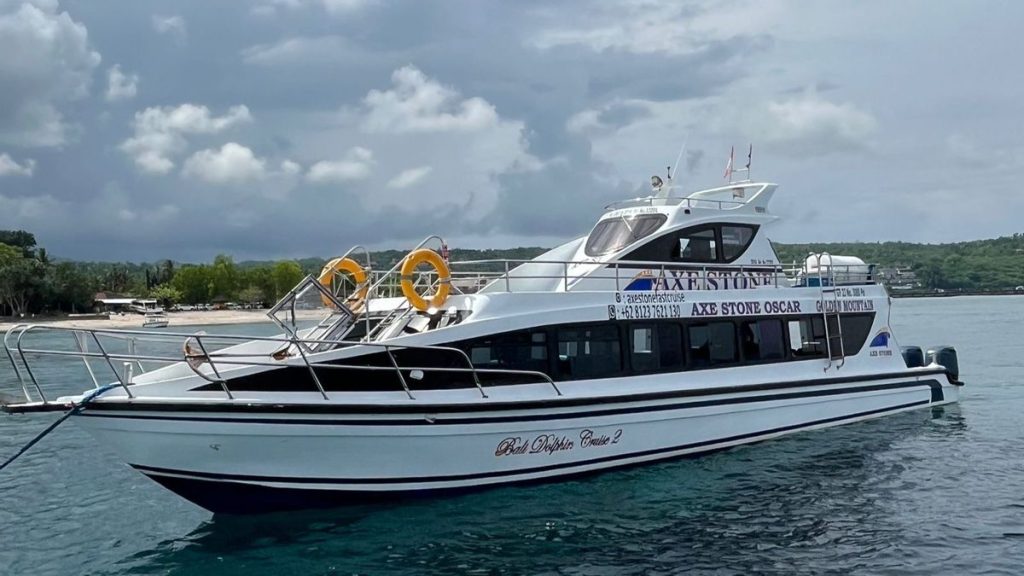
The Ministry of Foreign Affairs and Trade (MFAT) has not issued any formal travel warnings, but urges Kiwis in the region to exercise extra caution when travelling by sea in Indonesia, particularly during monsoon transition seasons or when local weather warnings are in effect.
Final word
As Indonesia’s most popular tourist island, Bali draws thousands of New Zealanders each year. But these twin tragedies are a stark reminder that paradise comes with risks — especially on the water.
Both accidents — just weeks apart — point not only to freak weather events or human error, but to deeper systemic safety concerns in the ferry industry. With passengers now demanding answers, the hope is that these tragedies will lead to meaningful reform, rather than being written off as isolated disasters.








